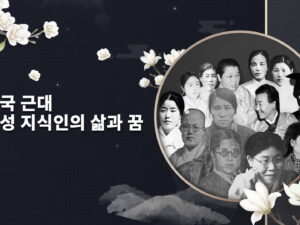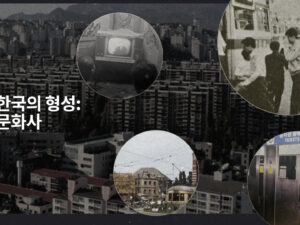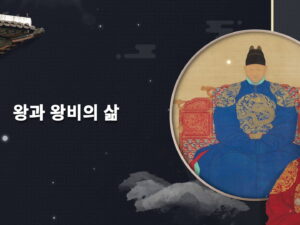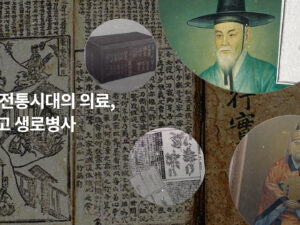Imperialism and Anti-Colonialism Seen from the Field
- Description
- Curriculum
- Notice
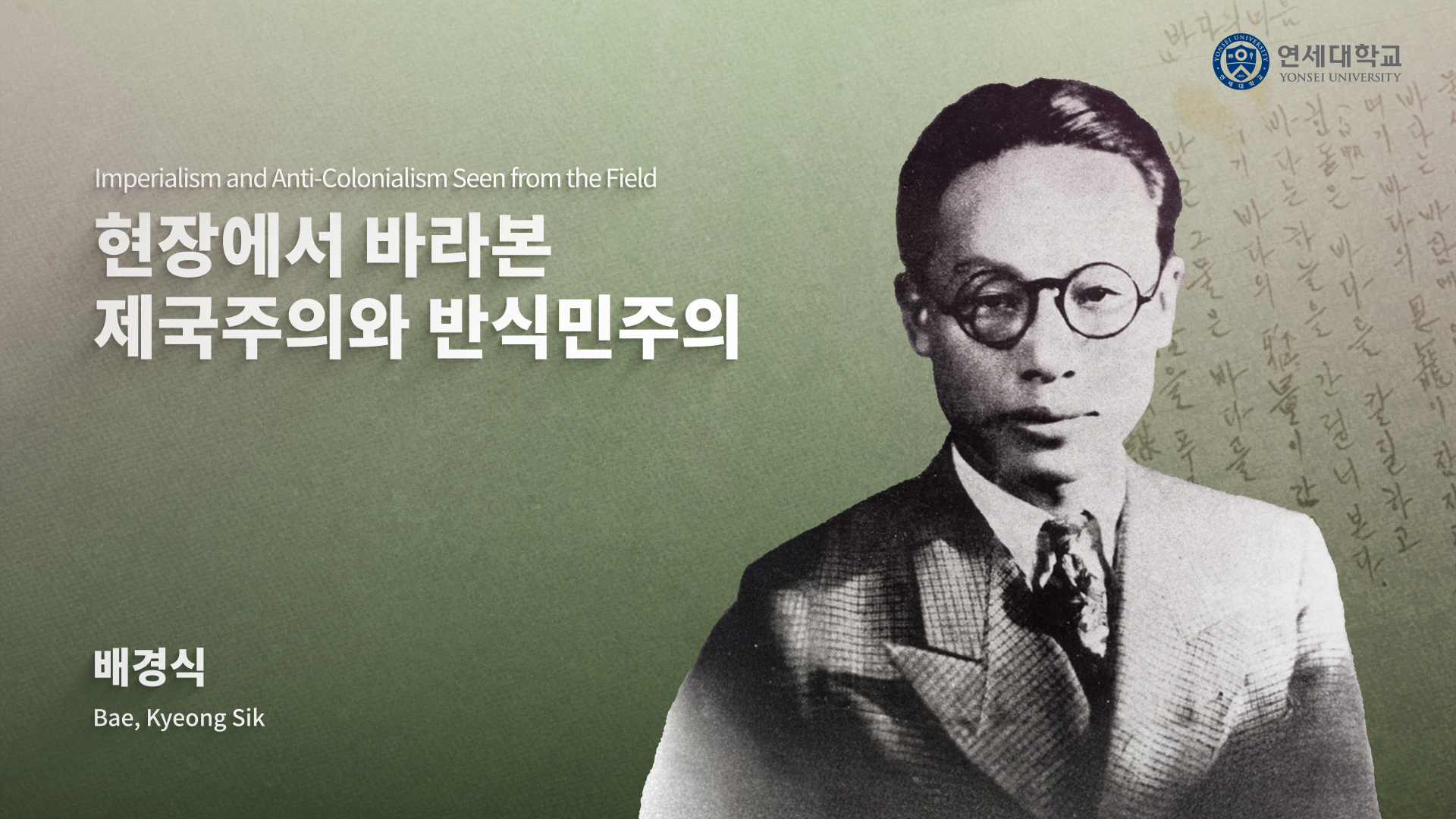
Course Introduction
This eight-week course explores the life of Yi Yuk-sa and the impact of Japanese colonial rule on the independence activists of the time. It also examines how independence activists’ ideologies and struggles evolved through their transnational activities.
Learning Objectives
1. Students will read the poems and writings of Yi Yuk-sa, widely known as the “Poet of Resistance,” to learn about the lives of Koreans who resisted Japanese imperialism and the era in which they lived.
2. Through a field trip, students will understand the suffering endured by independence activists during their imprisonment.
3. Students will examine the impact of Japanese colonial rule on the lives of individuals and the community through the life of Yi Yuk-sa.
4. Students will analyze the ideology and methods of resistance within the independence movement by studying Yi Yuk-sa’s activities and poetic work.
-
134-1. Changes in the Ideologies and Strategies of the Independence Movement after the March 1st Movement
-
144-2. Studying Abroad and the Birth of Global Koreans
-
154-3. The Bombing of the Daegu branch of the Bank of Joseon and the Arrest of Yi Yuk-sa and His Brothers
-
164-4. Social Activities after Being Released from Daegu Prison
-
216-1. Silence and Arrest during His Early Days after Returning to Korea
-
226-2. Participation in the Movement to Revitalize Korean Studies and Writing Current Affairs Commentaries - Background of the Movement to Revitalize Korean Studies
-
236-3. Yi Yuk-sa’s Literary Practice: Introducing the Literature of Lu Xun
-
246-4. Yi Yuk-sa’s Literary Practice: Novels
-
298-1. Japanese Imperialist War of Aggression and the Launch of the Wartime Total Mobilization System
-
308-2. The Crossroads Ahead of Intellectuals and the Inner Concerns of Yi Yuk-sa
-
318-3. Going to Beijing, the Final Choice for Armed Struggle
-
328-4. Publication of the Posthumous Poetry Collection after Liberation and the Poems “The Wild Plain” and “Flowers”
Bae, Kyeong Sik
Director, The Institute for Korean Historical Studies







